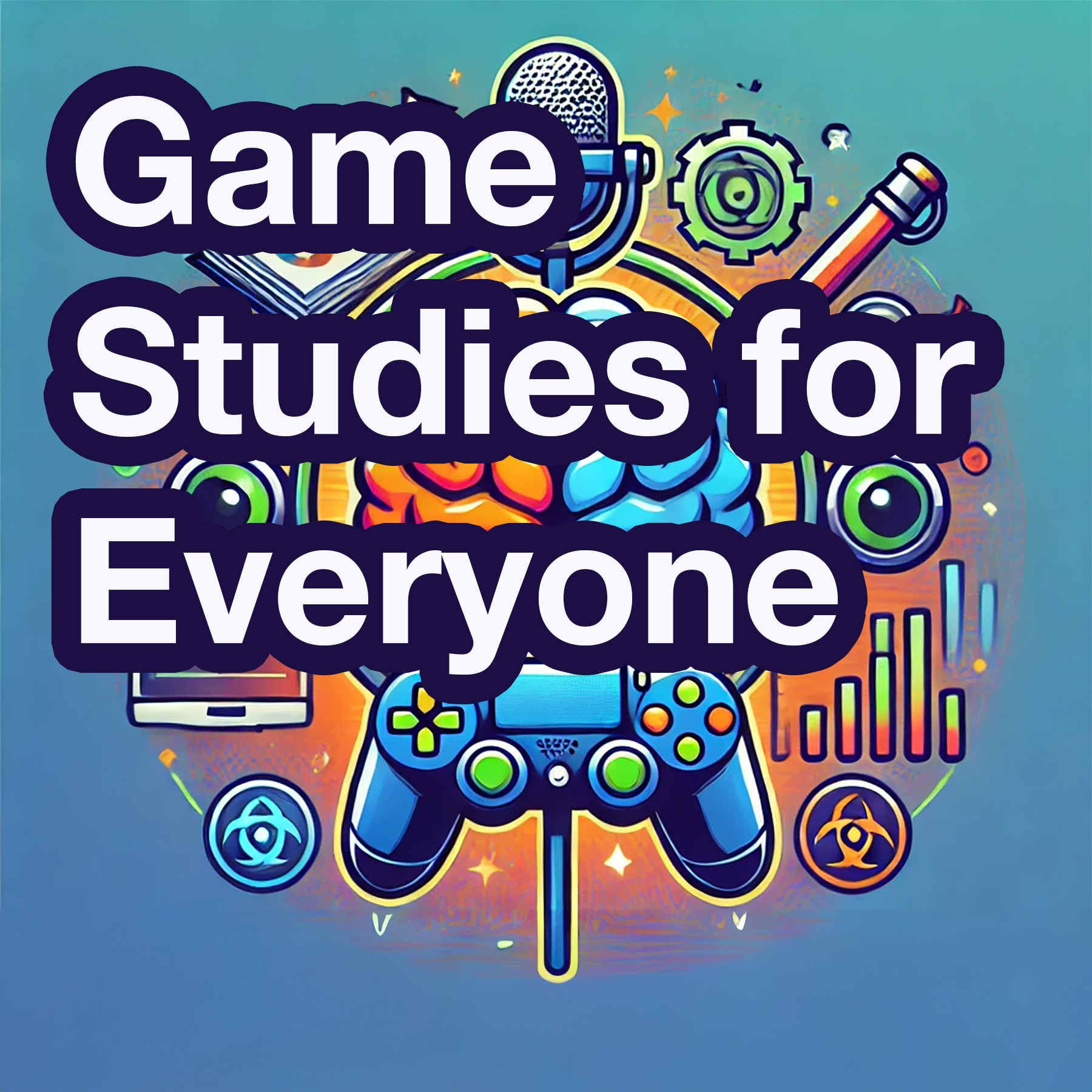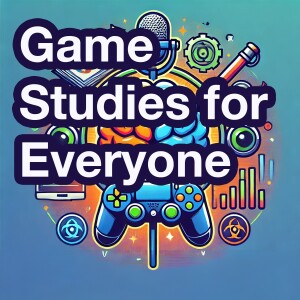
727
Downloads
40
Episodes
Welcome to Game Studies for Everyone, the podcast where complex game research becomes accessible to everyone! Join our co-hosts as they break down cutting-edge research in games and interactive media. Each 15 to 20 minute episode transforms academic findings into bite-sized, engaging discussions that everyone can enjoy. Whether you’re a gamer, developer, or just curious about the science behind the games you love, Game Studies for Everyone is your go-to source for easy-to-digest insights. No jargon, just fascinating research from peer-reviewed, published research in the humanities, computer science, narrative and more. Learn what’s new and how is shapes the way we play, learn, and develop. Hosted by Eliza Jiqiren and Nat Weizenbaum.
Episodes

Saturday Nov 02, 2024
Code & Creativity: Unveiling the Philosophy Behind Software Design
Saturday Nov 02, 2024
Saturday Nov 02, 2024
Ever wondered how the software you use shapes your creativity? In this episode, we unpack a thought-provoking study from the International Journal of the Humanities that dives into the philosophy behind software design. The author reveals how every design choice in software isn’t just functional—it’s philosophical, influencing how we create and interact. We explore a groundbreaking framework that blends critical design, postmodern philosophy, and creative process theory to analyze how software’s 'feedback loops' guide our interactions and even our thinking. But that’s not all—discover the intriguing concept of 'software misuse' and how it can expose the hidden intentions and constraints built into the programs we rely on. And finally, we introduce the idea of 'software viscosity'—the subtle resistance some software imposes that can either challenge or block your creative flow. If you're a designer, a creative, or just curious about the tech shaping our world, you won’t want to miss this deep dive into the intersection of design and philosophy!
Sources:
Lanier, J. (2003). One half a manifesto. In J. Brockman (Ed.), The new humanists: Science at the edge (pp. 233-262). New York, NY: Barnes and Noble.
Grace, L. 2009. The Philosophies of Software, Handbook of Research on Computational Arts and Creative Informatics, IGI Global & Towson University
Tufte, E (1993). The Cognitive Style of PowerPoint. New London, CT. Yale University Press
Chomsky, N (2006). Language and mind. New York, NY: Cambridge University Press.

No comments yet. Be the first to say something!